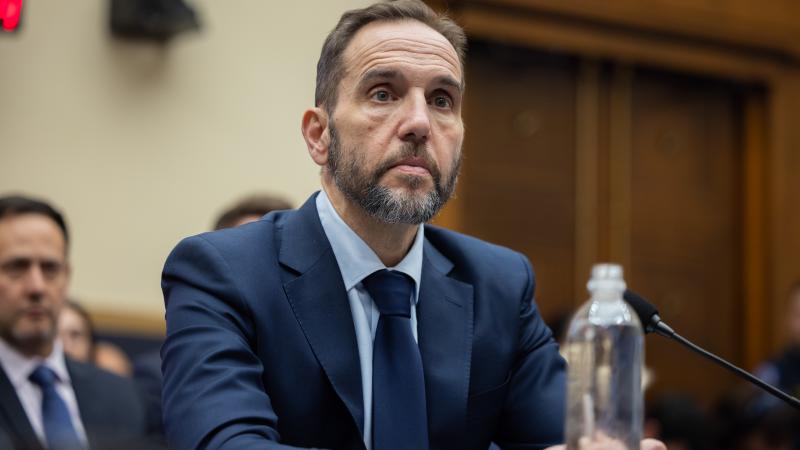Connecticut plans to pay off college debt for health care workers
Under the new program, those who qualify must commit to working for at least four years in the state under a "service commitment" to receive financial relief.
(The Center Square) — Connecticut plans to pay off college loan debt for physicians, nurses and other medical workers in the state as part of a broader effort to ease chronic staffing shortages in the healthcare industry.
The new program, unveiled by Gov. Ned Lamont on Monday, will offer up to $50,000 in student loan repayments to eligible health care workers who commit to practicing full-time in underserved communities in the state for at least two years. Part-time workers could get up to $12,500 in loan repayment a year over two years, totaling $25,000, according to the Lamont administration.
"This program is a significant investment in our healthcare workforce and a step towards reducing health disparities across our state," Lamont said in a statement. "We recognize that not all providers can commit to full-time work, so we’re offering flexible options to attract a wider range of talent to our underserved communities.”
Doctors, nurses, nurse practitioners, advanced practice nurses, physician assistants, dentists, and those employed in mental health settings, including marriage counselors, are among the health care workers who are eligible to apply for the loan repayment program. Applications will be accepted beginning May 22, according to the Lamont administration.
Under the new program, those who qualify must commit to working for at least four years in the state under a "service commitment" to receive financial relief.
"You know, forgive up to $50,000 of your loan if you commit to staying here for a period of time," Lamont said in remarks on Monday. "This is one way of saying this is a place you want to be."
Public Health Commissioner Manisha Juthani said the plan seeks to incentivize healthcare providers to practice in underserved areas, which she said will help the state "make significant progress in improving health outcomes for all Connecticut residents."
The Connecticut Student Loan Repayment Program is funded with about $13 million in America Rescue Plan Act money and other one-time federal funds, according to the Lamont administration.
The rollout of the new program comes as President Joe Biden, a Democrat seeking reelection in November, expands his push to eliminate student loan debt, part of a campaign promise to address what he has described as a "broken" federal college loan system.
Under a new program, borrowers with less than $12,000 in student loans who have been making payments for at least 10 years would get their remaining loan balance erased if they enroll in the federal government’s Saving on a Valuable Education repayment plan. For every $1,000 borrowed above $12,000, a borrower can receive forgiveness after an additional year of payments.
Overall, Biden’s latest loan forgiveness program will cancel up to $1.2 billion in college debt nationwide. In Connecticut, about 1,600 borrowers will see at least $13.7 million in college debt wiped out.
To date, $136.6 billion in federal college loans have been forgiven for more than 3.7 million Americans, according to the Biden administration.
Last June, the U.S. Supreme Court struck down a Biden plan to cancel up to $10,000 in debt for those earning less than $125,000 per year and up to $20,000 for those who received federal Pell Grants.
In a 6-3 decision, the high court ruled that the administration overstepped its authority in attempting to cancel or reduce student loan debt, effectively ending the $430 billion plan that would have canceled up to $20,000 in federal student loans for 43 million people.
The ruling stemmed from a lawsuit filed by six Republican-led states — Nebraska, Missouri, Arkansas, Iowa, Kansas and South Carolina — which argued the program was government overreach.
Conservative groups have filed legal challenges to Biden’s other loan forgiveness plans, but they haven’t been successful so far.















